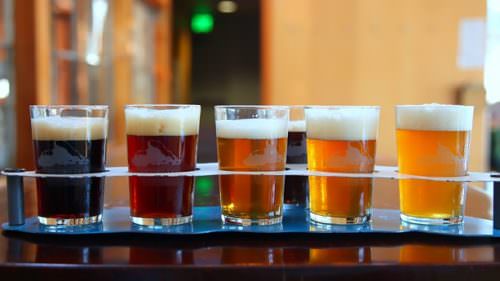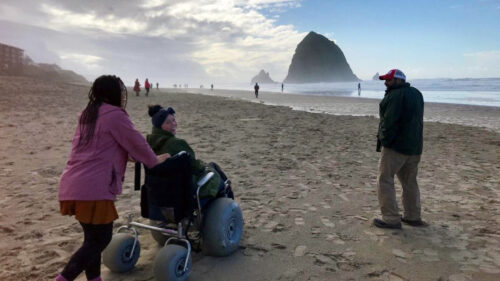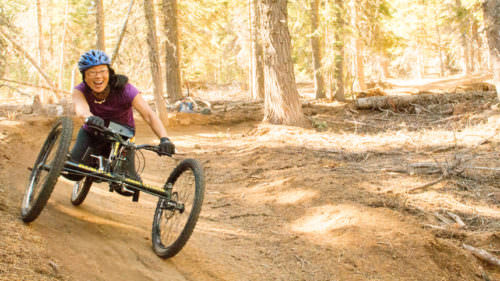As a kid growing up in Eugene, I always loved going to work with my dad. A counselor for the state’s Vocational Rehabilitation program, he helped match and place people with disabilities into jobs. When I went with him to his office, we would spend hours listening to people with a range of disabilities talk about everything: some of it was related to what kind of work they wanted to do, but a lot of it was just about how they were doing. My dad never rushed them and always listened quietly and attentively. We would often run into people my dad had placed in jobs around town, and they would light up the moment they saw him – the counselor who had spent so much time listening so intently and ultimately found a good match for them. My dad is the reason I know that being a good listener is the ultimate superpower.
It turns out that listening is one of the key ingredients in why Eugene became such an accessible community for people with disabilities in the first place. According to Andy Fernandez, the Section Manager for Adaptive Recreation & Senior Services for the City of Eugene, the community here rallied around accessibility as a core value and started by posing a simple question to locals: How can we do better for people of all abilities?
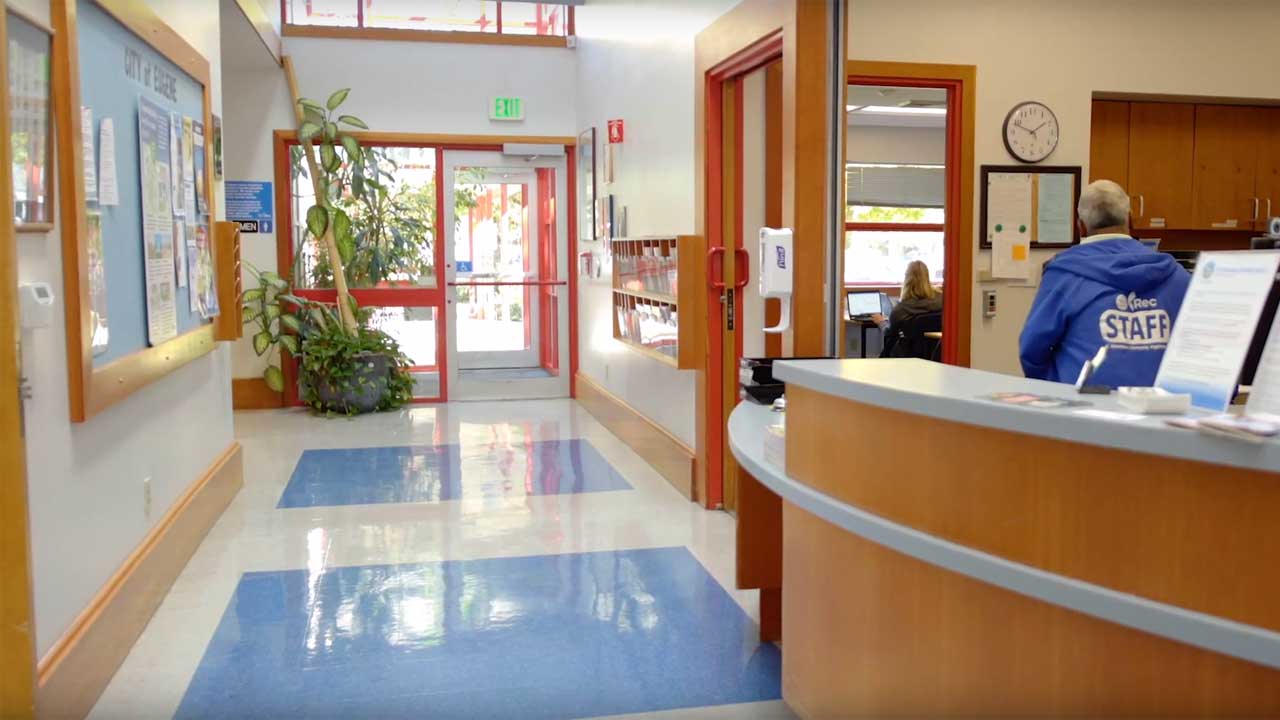
The Hilyard Community Center in South Eugene, where I recently met Andy to discuss the city’s history of accessibility, is a perfect example of a place that was developed as a result of listening to the answers to that question. Built in 1989, a year before the ADA was even passed, input from the local community led to the inclusion of features that were light years ahead of other communities at the time. The center’s interior and exterior includes subtle features that were designed to serve those with a range of physical and sensory challenges.
I didn’t notice most of those features, like the color cues that guide you through the building, until Andy pointed them out to me. Accessibility is so integrated that those of us who live here often don’t even realize that our community is considered one of the most accessible in the country. “When you talk to people who live here and then travel to another city, they suddenly realize that Eugene has done an amazing job of making things accessible,” Andy explains to me.
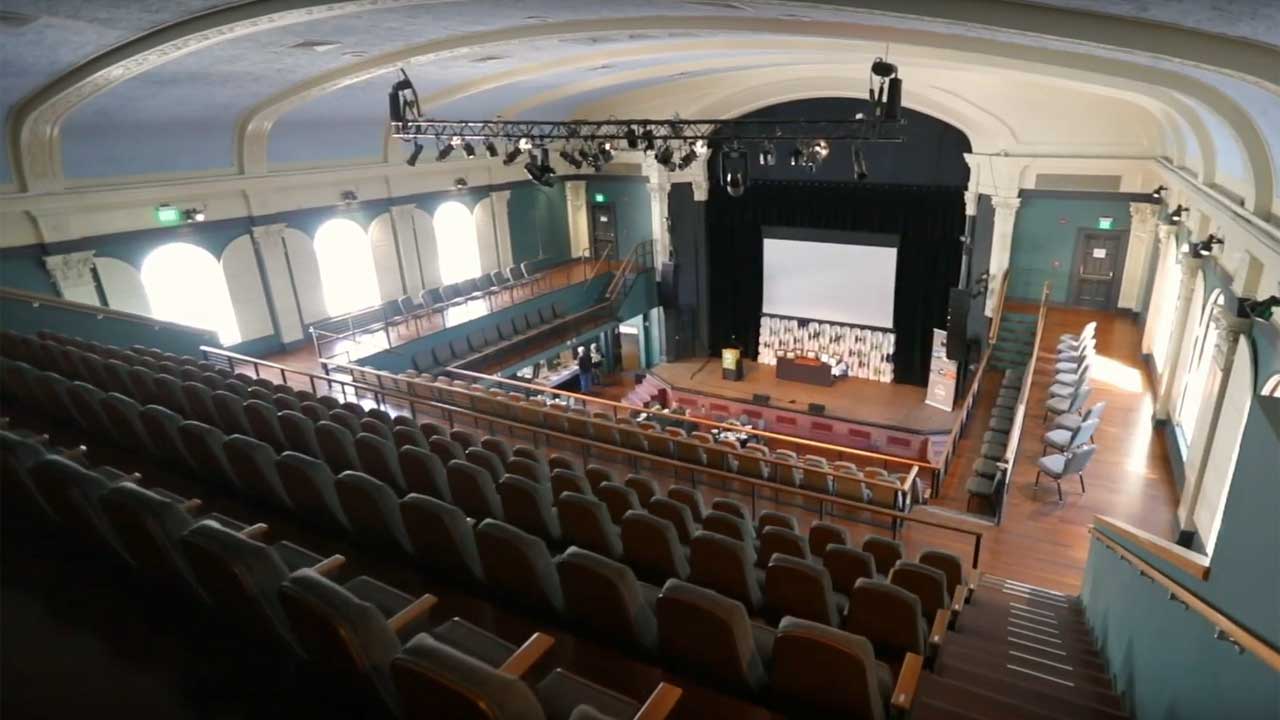
When you attend a live performance at The John G. Shedd Institute for the Arts (known locally as “The Shedd”) in downtown Eugene, you probably won’t even notice the hearing loop system unless you’re looking for it. A blue sign in the ticketing office indicates that nearly all the rooms at The Shedd are “looped,” meaning that sound can be transmitted directly to telecoil in hearing aids or receiver packs with earphones that the Shedd loans to visitors for free.
“In a way, it works kind of like bluetooth,” explains Sue Prichard, a local hearing loss advocate who was integral in bringing the loop system to The Shedd. “It’s transmitting sound directly to a hearing aid, but a loop can work in a large space.” The benefit of the loop is that it’s universal – it works across spaces, countries and devices. All you need is a hearing aid with a telecoil.
Ginevra Ralph worked with children with disabilities before her current role as the Director of Education at The Shedd, so making sure that the building was fully accessible was important to her from the beginning. “When we first got The Shedd, we put in a state-of-the-art FM hearing assist system,” she explains. “I thought I was doing a really great job for folks with hearing loss – but it turns out that nobody uses FM systems.” But Ginevra listened to this feedback and saw an opportunity to bring in the loop system when The Shedd’s performance hall was remodeled.
Her friendship with Sue also helped. “She’s such a great lip reader, I had no idea she had hearing loss,” says Ginevra. “But the problem is that when people can’t hear, they’ll start to slowly back away from things – attending meetings, performances, social events. And when that happens, it’s a loss for us and for our community.” Ginevra explains that up to 30-50% of the local community experience some form of hearing loss. “Our mission is to create sound – for everyone. It’s our responsibility to find a way to make it available to all 100%.”
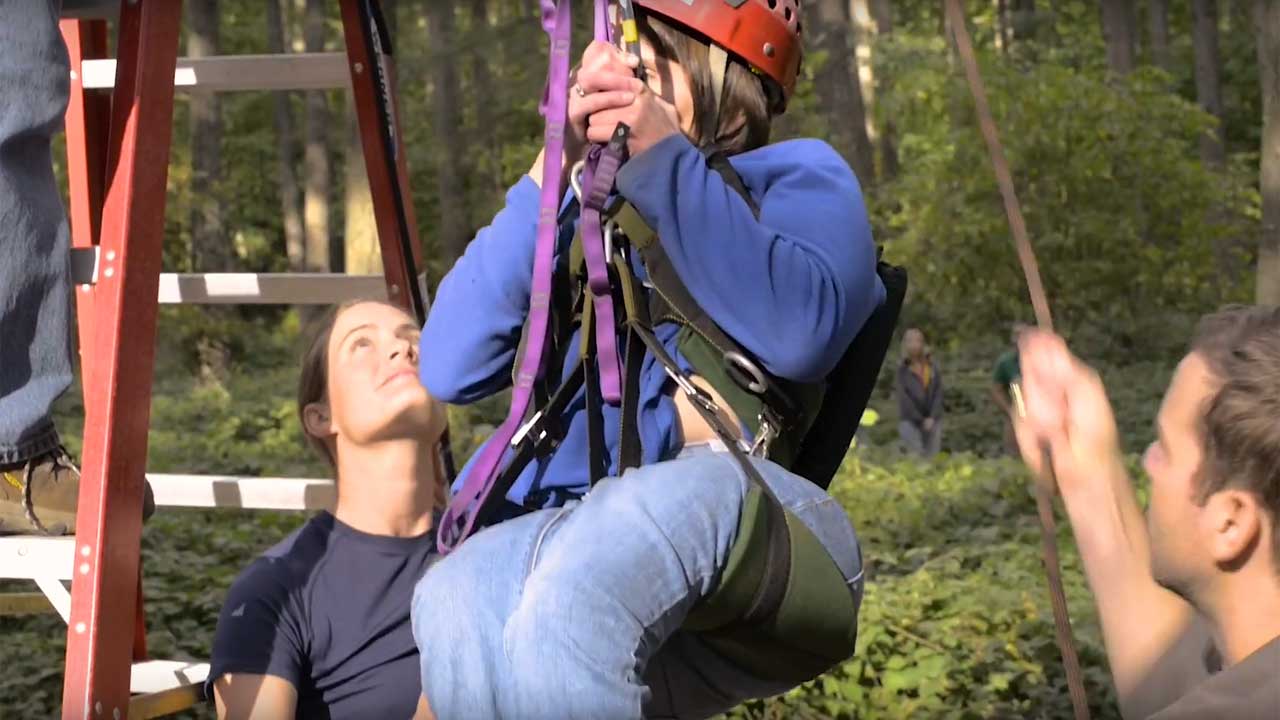
In talking with Andy, Ginevra and Sue, one theme kept coming up: We still have room to grow. “We know we’re way ahead in some areas, but could do better in others,” says Ginevra.
That drive to not settle for just “good” is something that is at the heart of Eugene’s spirit, and I have no doubt the community will keep listening and striving to do better for years to come.
